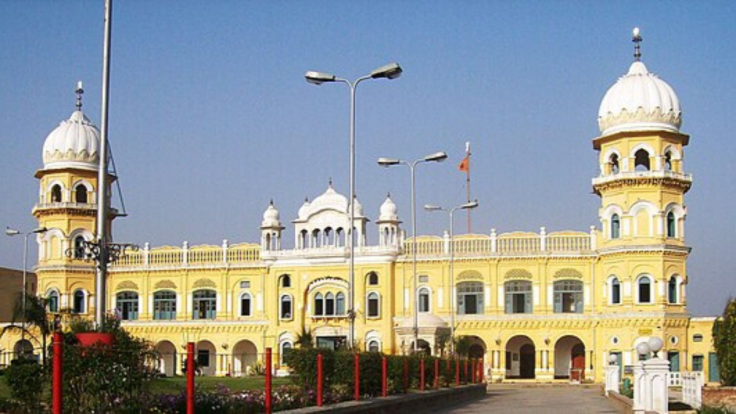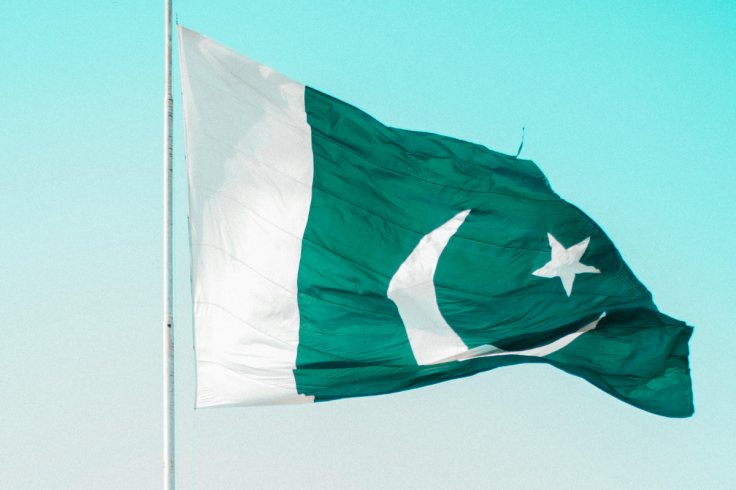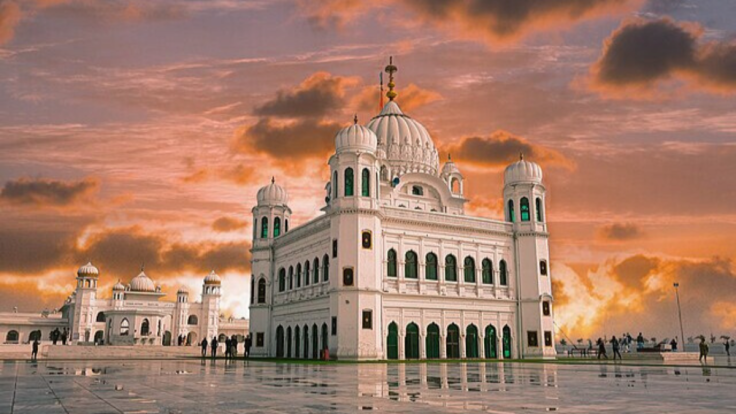Indian Sikh Pilgrims Enter Pakistan — First Crossing Since May Conflict Sparks Hope
Hundreds streamed through the Wagah crossing with luggage and offerings in hand

More than 2,000 Indian Sikhs crossed into Pakistan on Tuesday for the first time since a border conflict in May. The pilgrims arrived to celebrate Gurpurab, marking the 556th birth anniversary of Guru Nanak, the founder of Sikhism.
Hundreds streamed through the Wagah crossing with luggage and offerings in hand. Pakistani officials greeted them with rose petals and garlands. Many pilgrims expressed relief after months of uncertainty about whether the annual Sikh Pilgrimage would proceed.
Last week, Pakistan's High Commission in New Delhi confirmed that over 2,100 visas had been issued. The pilgrims will stay for around ten days to attend ceremonies at several sacred sites, including Nankana Sahib and Kartarpur.
The event signals a rare moment of calm at the India-Pakistan Border, which had been tense since the May clashes. It has also raised hopes for better cultural and religious cooperation between the two nations.

Pakistan Opens the Border for the Pilgrimage
The crossing comes months after deadly violence in Pahalgam, in Indian-administered Kashmir, where a terror attack killed 26 people. New Delhi blamed Islamabad for aiding the militants. Pakistan denied any involvement, leading to a sharp deterioration in ties.
Following the incident, the Wagah border remained shut for several months. Pakistani officials decided to reopen it this week to accommodate Sikh visitors. Nasir Mushtaq, a senior official at the Ministry of Religious Affairs, said reopening the route showed Pakistan's respect for religious minorities.
'Granting visas to Sikh pilgrims and reopening the border demonstrates Pakistan's respect for religious minorities and commitment to fostering cultural ties despite ongoing political disputes,' Mushtaq stated.
As the gates opened, journalists observed long lines of men and women carrying bags, chanting hymns, and waving saffron flags. Officials on the Pakistani side welcomed them warmly with flowers and rose petals.
'We have nothing to do with the war', said pilgrim Parvinder Kaur. 'We often watched videos of these shrines and dreamed of coming here. Now we are finally here for the first time.'
Another visitor, Valeti Singh, described the welcome as heartwarming. 'It doesn't feel like we are in another country. It feels like we are among our own people', he said. 'We pray that when Pakistanis visit our side, we can show the same warmth.'
According to Mushtaq, about 2,000 pilgrims entered Pakistan on 4 November, the eve of Guru Nanak's birth anniversary. He said, 'We are welcoming all the Sikh pilgrims arriving from India with greater respect, honor and hospitality than ever before. We want to leave a lasting impression of love, peace and respect with our Sikh guests so they return to India and elsewhere with pleasant memories of Pakistan'.
The pilgrims will visit Nankana Sahib, Guru Nanak's birthplace near Lahore, before travelling to Kartarpur, where the Guru is believed to have spent his final years.
Pakistan's High Commission noted that the decision to facilitate the pilgrimage was part of its efforts to promote interfaith understanding.

Sikh Holy Sites in Pakistan
Sikhism began in the 15th century in the Punjab region, which today straddles northern India and eastern Pakistan. Following the 1947 Partition, most Sikhs migrated to India. Only a small community remains in Pakistan.
Yet many of Sikhism's holiest places are located there. These include Nankana Sahib, where Guru Nanak was born, and Kartarpur, where he died.
For many pilgrims, these sites represent a spiritual homecoming. Despite ongoing political tensions, their journey stands as a reminder of faith's ability to bridge divides, even across one of the world's most volatile borders.
© Copyright IBTimes 2025. All rights reserved.





















